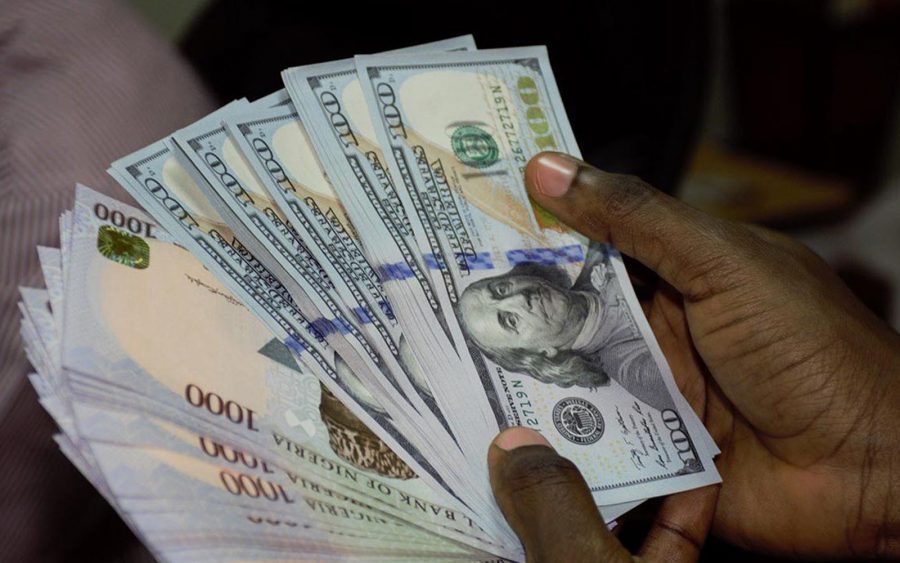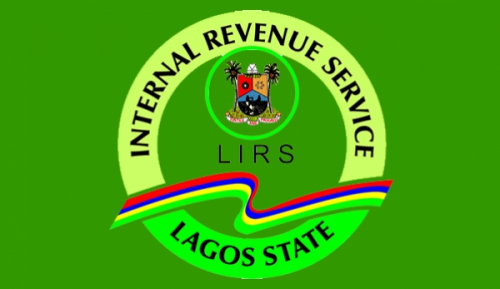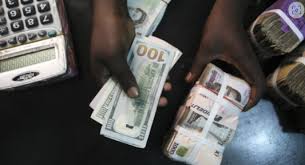Naira remains stable against dollar, other currencies at parallel market

Nigeria’s currency, naira, remained stable against the US dollar at the parallel segment of the foreign exchange market, last week.

The Naira sold at N450 to $1 last week and has remained at this rate for the past working days, refusing to breach the N450 support levels.
The stability of the naira is reinforced by the country’s foreign reserves, which have remained relatively stable at around $36.48 billion as at last Wednesday.
READ ALSO: Ango Abdullahi’s NEF knocks Buhari over insecurity
Nonetheless, the naira depreciated against the dollar by 0.32 per cent to N387.75 against the dollar at the Investors & Exporters (I&E) Foreign Exchange window.
Unlike in the spot market, the naira gained ground against the dollar across all contracts in the forwards market.
Specifically, the 1-month (+0.1 per cent to N388.71/dollar), 3-month (+0.4 per cent to N392.70/USD), 6-month (+0.8 per cent to N398.45/dollar), and 1-year (+2.3 per cent to N416.25/dollar) contracts all appreciated against the dollar.
“For us, the widening current account (CA) position suggests that odds are stacked against the Naira. Beyond that, as the economy gradually reopens, the resumption of FX sales to the BDC segment of the market will place an additional layer of pressure on the reserves as the CBN funds the backlog of unmet FX demand,” explained analysts at Cordros capital, a Lagos based research firm.
The Central Bank of Nigeria (CBN) some weeks ago, resumed dollar sales to individuals and businesses with genuine needs, selling around $100 million per week, though it is yet to resume selling to foreign-based investors; it had scrapped a planned auction due to lockdown measures to slow the COVID-19 pandemic.
The CBN stated recently that it would use all the monetary tools it had to rescue the nation’s economy from the fallouts of the COVID-19 induced global economic strain, and stabilize the naira. It had also taken some concrete steps to tackle currency speculators.
However, the Overnight (OVN) rate contracted by 687basis points to 9.8 per cent laast week.
The OVN was elevated for the better part of the holiday-shortened week as system liquidity was strained following outflows for the weekly FX auction and MTN’s commercial paper.
However, banks were able to access the CBN’s Special Lending Facility window by midweek, which led to the eventual contraction in the rate.
“In the coming week, inflows from OMO maturities worth N355.20 billion are expected to boost liquidity However, FX and bond auction debits will likely drive the OVN higher by the end of the week,” Cordros capital explained.
Trading in the Treasury bills secondary market was mixed amidst the strain in system liquidity. Consequently, average yield across all instruments contracted by a marginal 3bps to 4.5 per cent.
Activities in the relatively more attractive OMO secondary market were slightly bullish as average yield contracted by 10basis points to five per cent.
On the other hand, amidst the liquidity crunch, investors sold off at the NTB segment with average yield expanding by 6basis points to 3.4 per cent.
At the PMA, the CBN fully allotted N90.94 billion worth of bills – N4.41 billion of the 91-day, N7.82 billion of the 182-day and N78.71 billion of the 364-day – at respective stop rates of 2.00 per cent (previously 2.45%), 2.20 per cent (previously 2.72 per cent), and 4.02 per cent (previously 4.02 per cent).
“Yields on treasury bills are expected to contract, owing to the expected boost in system liquidity next week,” Cordros capital added.










